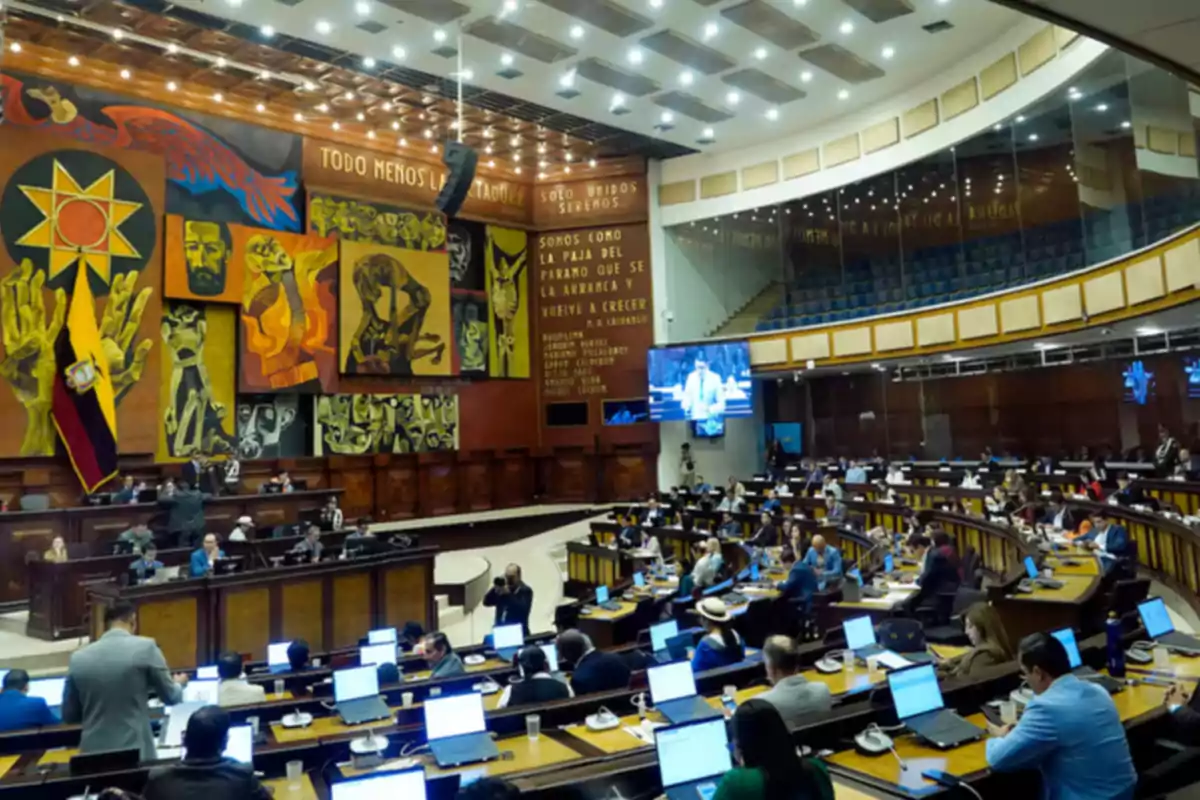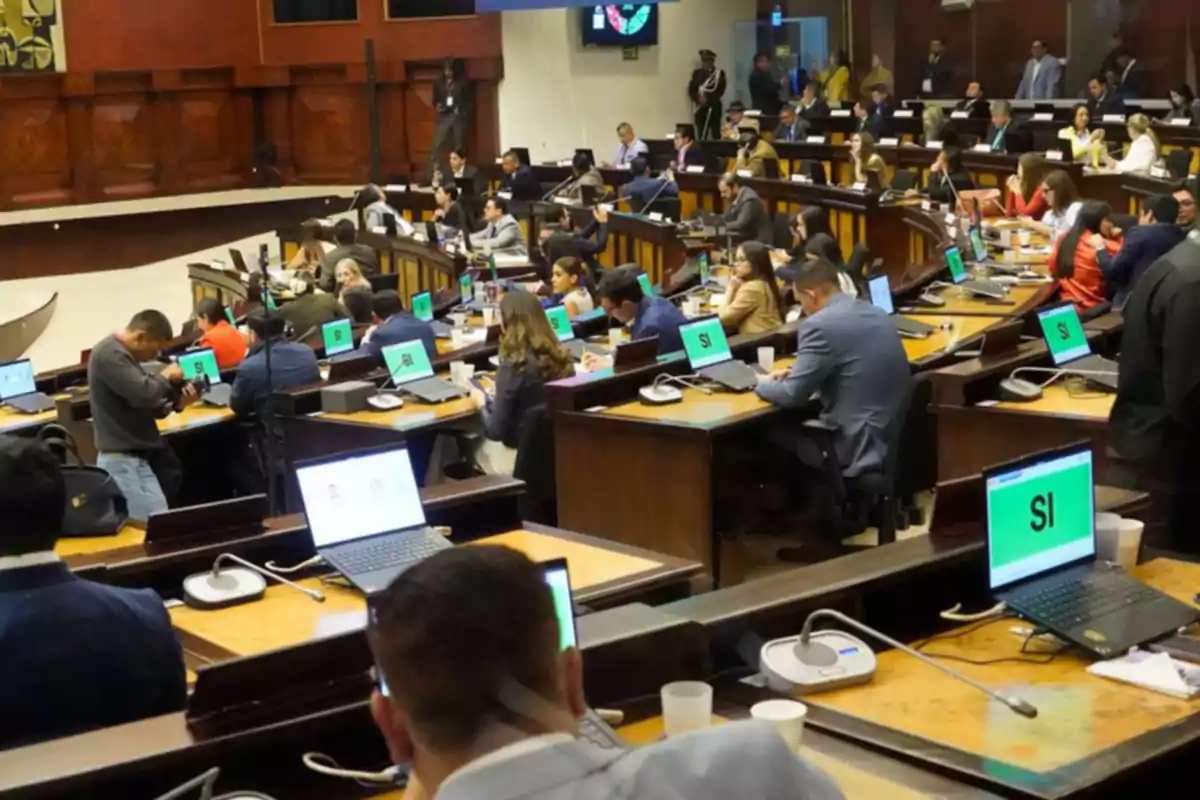
The Assembly debated changes to the system for allocating seats.
The Webster method could be replaced once again by the D'Hondt system
The National Assembly began analyzing a new reform to the system for allocating legislative seats, which could replace the Webster method with the D'Hondt method. This would be the 14th change since 1978, highlighting ongoing regulatory instability in the country's electoral model.
The proposal comes from a project inherited from the previous Correísta majority and suggests returning to the D'Hondt system, a mechanism that in the past benefited large political blocs, as happened with Alianza PAIS in 2013. In that year, with only 55% of the votes, they obtained 76% of the seats, which exposed the disproportionate effects of that system on democratic representation.
The Webster method, in force since 2020, has sought to give more space to minorities and balance representation by dividing each list's vote by odd numbers.
In contrast, D'Hondt divides by consecutive numbers, which favors lists with the highest vote counts and reduces the chances for smaller parties to achieve representation. Experts such as Medardo Oleas questioned the return to D'Hondt in a scenario with more than 230 registered political organizations, which distorts the principle of proportionality and could marginalize citizen sectors.

Before changing the method, the definition of what constitutes a political party should be regulated," Oleas warned, pointing to a more structural and not simply mathematical reform.
From the Justice Commission, the government party's Rosa Torres stated that the project incorporates 22 different initiatives, but did not explain how the change would benefit the public.
Other legislators, such as Alfredo Serrano from PSC, warned that the change would weaken democracy by reducing political plurality in the Assembly.
Meanwhile, as the Assembly prepares to vote on this reform, it becomes clear that the Ecuadorian electoral system needs stability and real representativeness. Repeating formulas from the past that concentrated power in dominant blocs may be a step backward rather than a solution.
More posts: